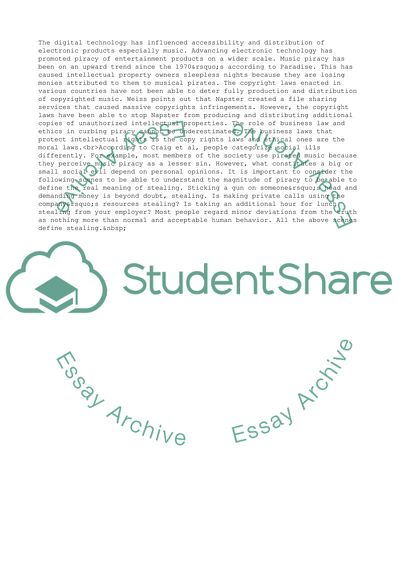Cite this document
(Business Law and Ethics Term Paper Example | Topics and Well Written Essays - 2500 words, n.d.)
Business Law and Ethics Term Paper Example | Topics and Well Written Essays - 2500 words. Retrieved from https://studentshare.org/business/1738023-business-law-and-ethics
Business Law and Ethics Term Paper Example | Topics and Well Written Essays - 2500 words. Retrieved from https://studentshare.org/business/1738023-business-law-and-ethics
(Business Law and Ethics Term Paper Example | Topics and Well Written Essays - 2500 Words)
Business Law and Ethics Term Paper Example | Topics and Well Written Essays - 2500 Words. https://studentshare.org/business/1738023-business-law-and-ethics.
Business Law and Ethics Term Paper Example | Topics and Well Written Essays - 2500 Words. https://studentshare.org/business/1738023-business-law-and-ethics.
“Business Law and Ethics Term Paper Example | Topics and Well Written Essays - 2500 Words”, n.d. https://studentshare.org/business/1738023-business-law-and-ethics.


